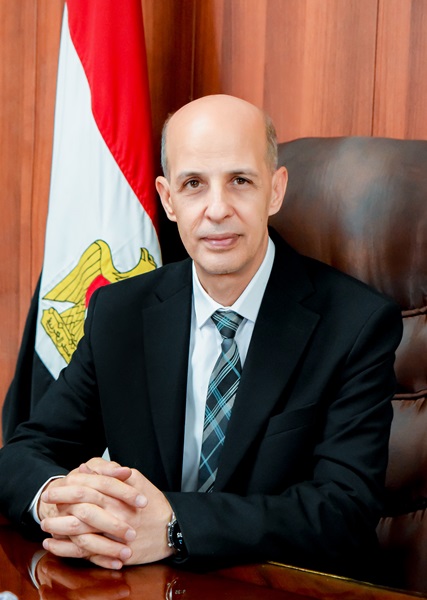Launching the 14th Conference at the Faculty of Arts

13 Oct 2025
Media Center
Under the patronage of Dr. Tarek Ali, Acting President of Beni Suef University, the The 14th International Scientific Conference, titled "Applications of Artificial Intelligence and their Impact on the Humanities and Social Sciences," kicked off today at the conference hall of the Faculty of Arts. The conference was attended by Dr. Abu Al-Hassan Abdel Mawgoud, Vice President for Community Service and Environmental Development, Dr. Hamada Mohamed Mahmoud, Vice President for Education and Student Affairs, and Dr. Azza Gohary, Dean of the Faculty of Arts and Conference Chair
The university president explained that the conference featured a wide variety of research papers, reflecting the profound interaction between artificial intelligence and various branches of the humanities. The number of original papers presented by 25 researchers from five different universities reached 20. He noted that the research covered vital topics, including geography, history, archaeology, tourism, education, information sciences, psychology, sociology, and language
Dr. Azza Gohary added that the conference concluded with a set of strategic recommendations that represent a future vision for research and application, most notably in the field of libraries, information, and ethics: a call to unify global standards and terminology for artificial intelligence (ISO/IEC 22989:2022), updating legislation to protect intellectual property rights in the digital age, and developing ethical frameworks for information custodians
In the field of geography and environment: The need to invest in geographic artificial intelligence (GeoAI) applications to monitor and understand climate change and support green environmental sustainability using modern technologies.
In the field of education and scientific research: Support research directed at automated processing of the Arabic language, and provide comprehensive training programs for faculty members and researchers on the optimal and ethical use of artificial intelligence tools
In the field of culture, heritage, and tourism: promoting digital anthropology studies, developing artificial intelligence applications to improve and personalize the tourism service experience, and using artificial intelligence to translate and decode ancient texts such as
hieroglyphics